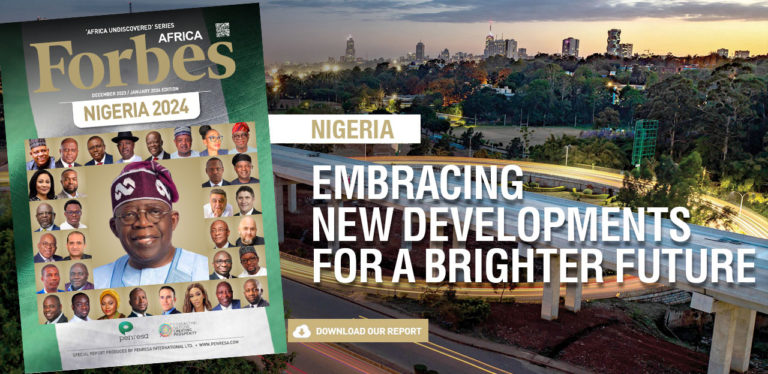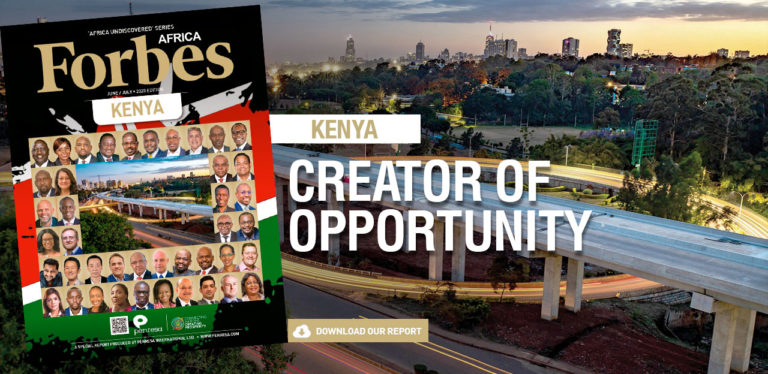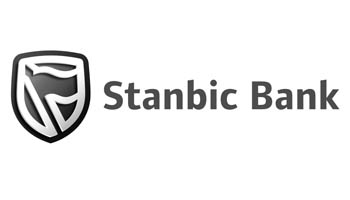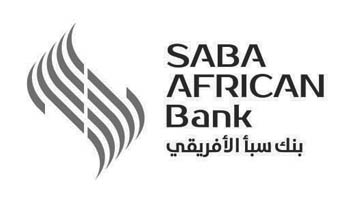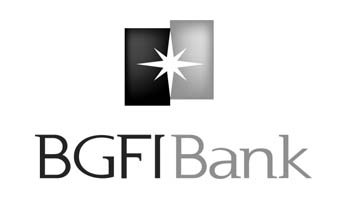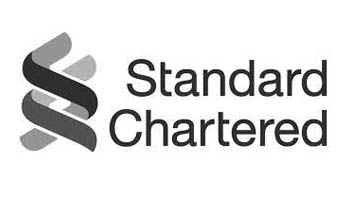Following the path for development and growth through economic diversification to fuel Mauritius’ local economy and guarantee national and international sustainability and wellbeing.
With only half a century since its independence, Mauritius has come a long way due to the implementation of its diversification policies which have fortified its local economy. The accomplishment of its Sustainable Development Goals (SDGs) have played a key role here. As Jacques du Mée, Managing Partner of Deloitte states: “If you look at what is happening, authorities have been promoting sustainable economy more and more. So, it is not only about tax treatment but about making a contribution to the African economy.”
Accounting for approximately 24% of national GDP, tourism is one of Mauritius’ major pillars to the economy, with the number of tourist arrivals per year at almost one million and a 5.4% increase in 2019 alone according to the Bank of Mauritius. As a top offshore property attraction and with legislation in place that encourages investment, Mauritius has consolidated its role as a new luxury destination on the continent. Furthermore, with new budgetary measures in place to improve the health and well-being of its population, the new state-of-the-art medical facilities and highly qualified personnel has positioned Mauritius as a competitive, technologically advanced medical hub meeting domestic needs, as well as developing a hub for medical tourism.
The government has set upon itself to take significant measures to support SMEs, including setting up a US$12 million SME fund, encouraging the ‘Made in Mauritius’ brand. Arnaud Lagesse, Group CEO of IBL clarifies: “We believe deeply in the capacity of the island to still grow by adding more and more value to what we produce here in terms of goods and services.” Focusing upon the implementation of sustainable development programmes, Mauritius Commercial Bank (MCB) is an example of how the nation supports entrepreneurship and innovation in the country. “In August 2019, we launched the ‘Lokal is Beautiful’ scheme, which aims at creating the conditions for the emergence of a new breed of SMEs while offering existing ones better access to finance and support, allowing them to contribute to the growth of Mauritian’s GDP,” affirms Raoul Gufflet, Deputy Chief Executive Officer of MCB. “SMEs contribute about 40% of the country’s GDP, at MCB, we believe it can go up to 60%. SMEs can be the framework of a parachute that can land Mauritius in this high-income country track. We are currently focusing upon manufacturing, biopharming, agriculture, waste management, recycling and technology sectors.”
Mauritius’ emerging ocean economy is also set to strengthen plans for sustainability. With the government intent on promoting and reshaping the sector to include seafood processing and aquaculture, deep ocean water applications, marine renewable energies and ocean knowledge, potential investments of US$580 million and the creation of 25,000 jobs are on the cards while a new Ministry, the Ministry of Ocean Economy, Marine Resources, Fisheries, Shipping and Outer Island, has been created to promote the island’s Blue Economy. Mauritius is shifting its gaze to look out towards its ever expanding horizon. “We started by following the Blue Economy concept,” explains Arnaud Lagesse. “It is good to think about it so that business can be sustainable in the long run.”
The nation is looking to preserve its environmental heritage, as well as safeguarding its cultural heritage while Mauritius’ long-term energy SDGs aim to provide access to affordable, reliable, sustainable and clean energy to everyone by 2025 is well on its way to being achieved. Deputy Prime Minister, Hon. Collendavelloo, GCSK, SC confirms: “The development of the energy sector, especially in the renewable energy field, is going to be a net contributor of our economic growth in the next few years.”
Also unique to the country is its vast blend of cultures and the government is intent on investing in its people and education, proving to be one of the African states with the highest literacy rates while enjoying the benefits of a highly skilled local workforce. The key to Mauritius’ success appears to lie in its aptitude to inject innovation into its economic policies combined with a dose of pragmatism in its effective and efficient policies; an idyllic business landscape whereby global civilisations converge and prosper. “Mauritius has been a country where investors over the years have seen that there is certainty and stability,” affirms Ravin Dajee, Managing Director of Absa Mauritius. “We have got educated and skilled talent, ready to add value. We are well connected with the world and have a platform with which we can support investors going into Africa. We are happy operating here, because we do business the proper way.”


